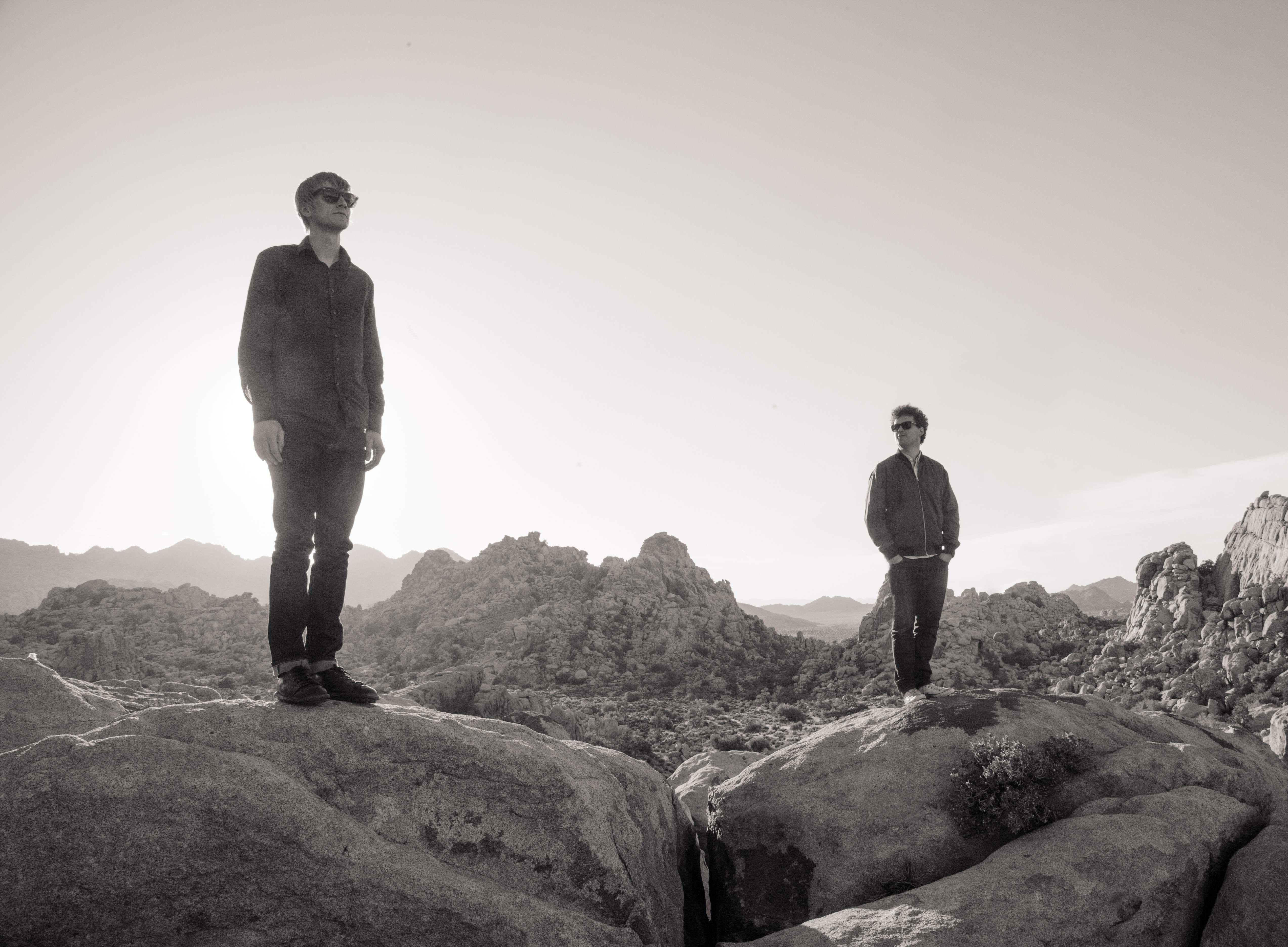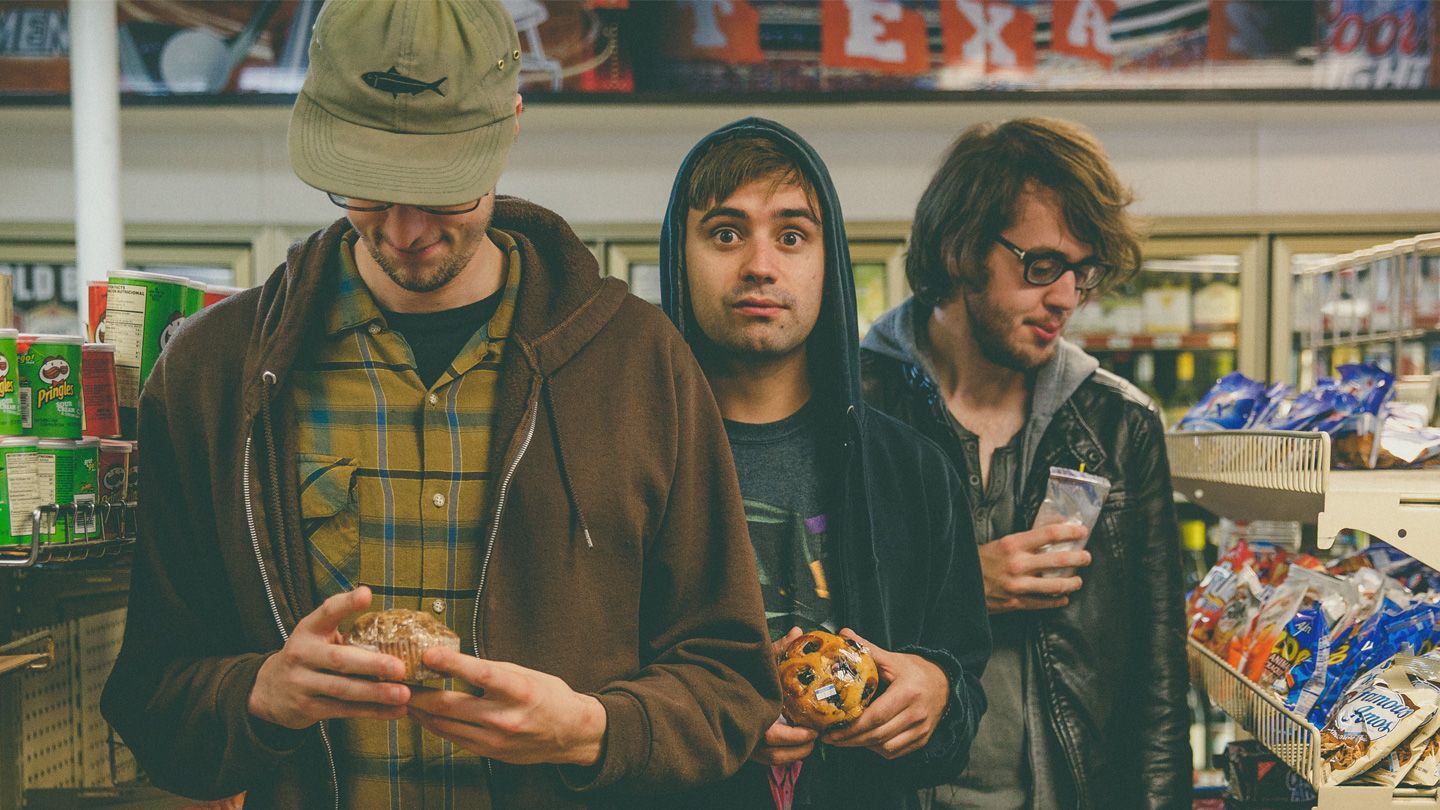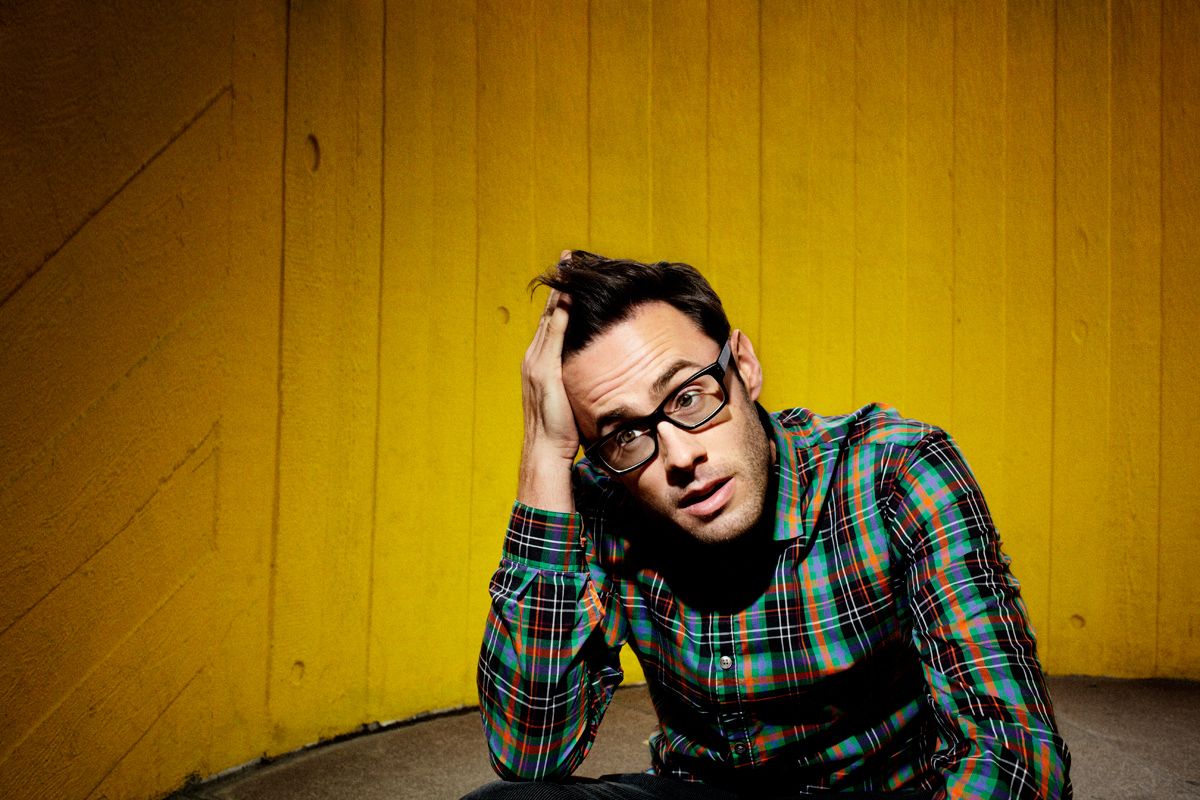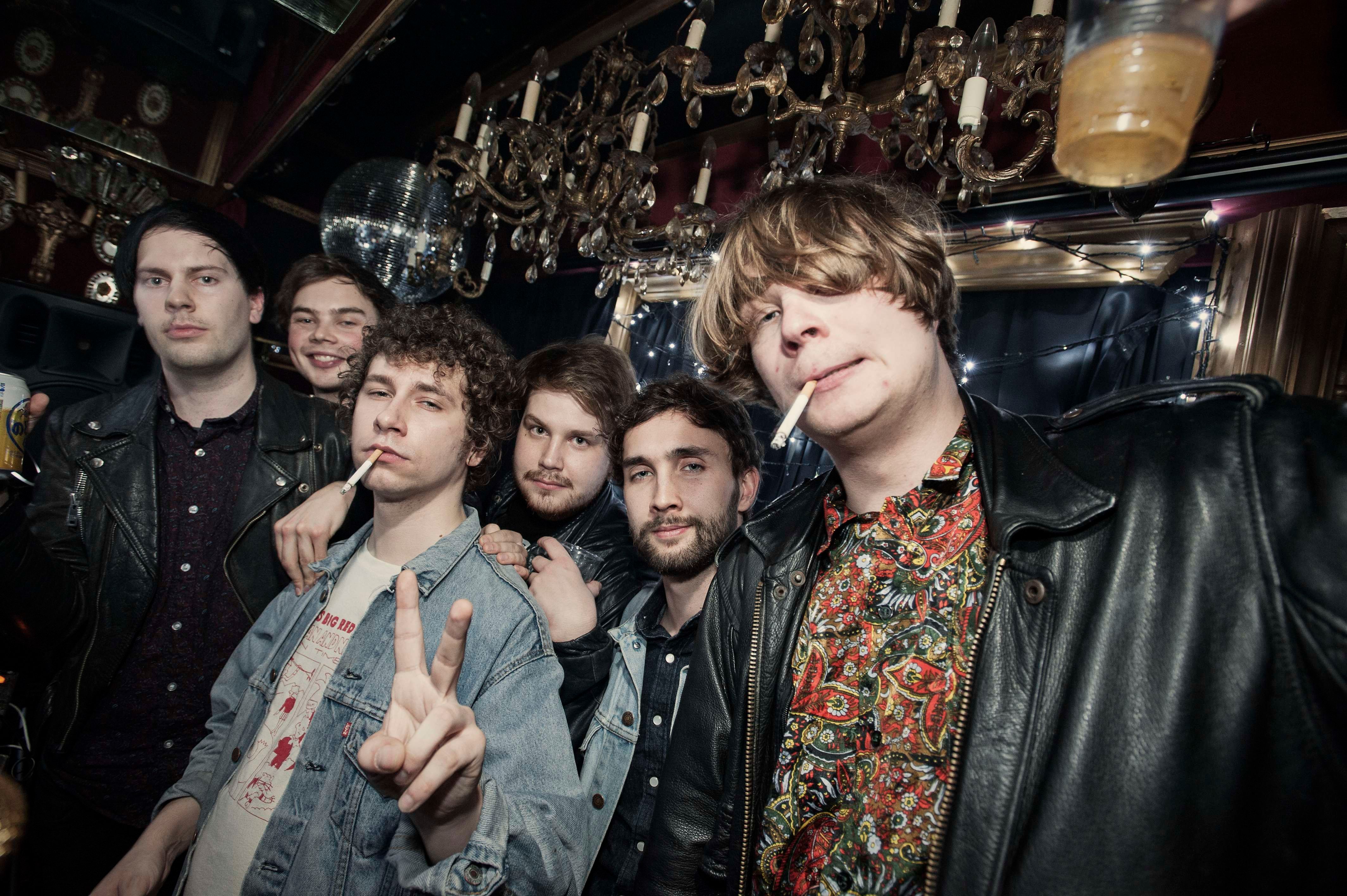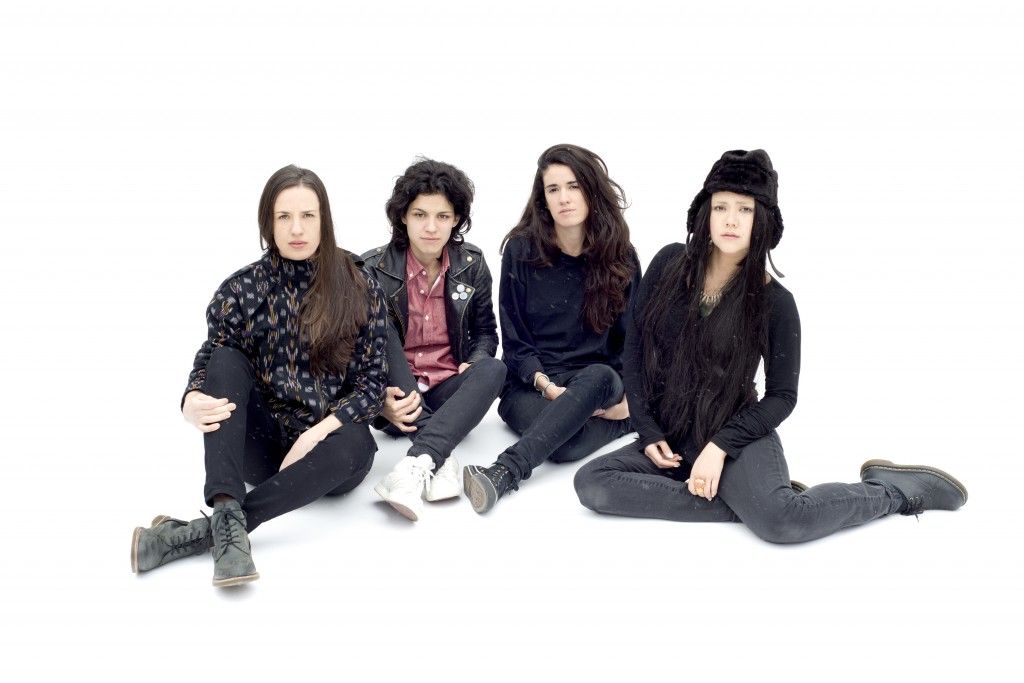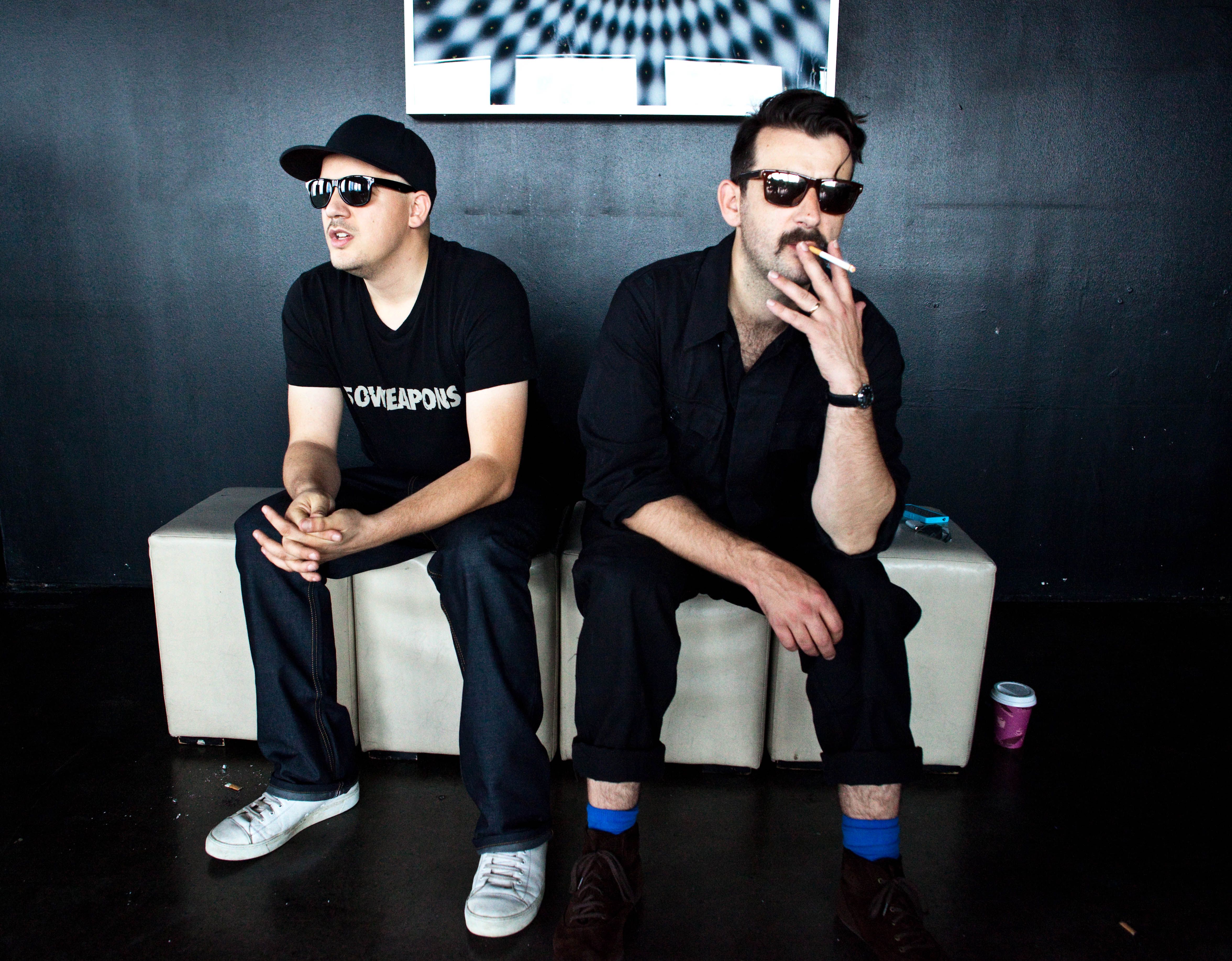Blue Hawaii – Interview
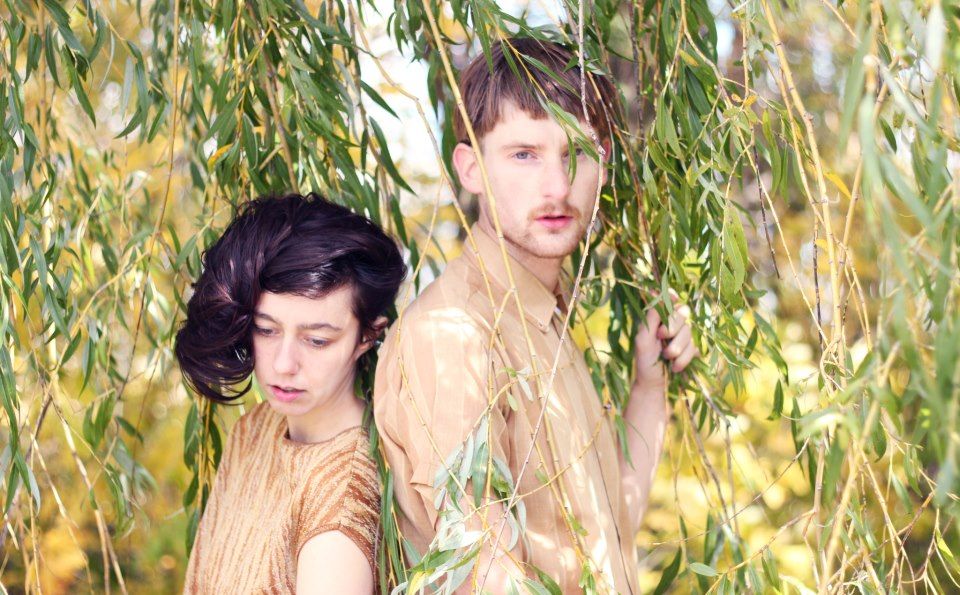
Blue Hawaii, their label Arbutus Records and many of their Montreal counterparts all began with the same breath in early 2010 – an epochal change in the Canadian music scene, which most famously spawned Grimes. Blue Hawaii released an 8 song EP in May of that year inspired by their travels in Central America, entitled Blooming Summer. It frames a time of warmth and novelty, featuring dense female harmonies, tape saturated synths, guitars and drum machines. After the album’s release, singer Raphaelle Standell-Preston returned to her role in the band Braids, touring constantly, while Agor (aka Alexander Cowan) moved to Europe; treading deeper into dance music, electronics, and production.
The two decided to make their second album, Untogether, in 2012; they began recording on New Years Day in Vancouver and intermittently worked on the project until summer broke in Montreal. The result is one of Tokyo Indie’s favourite albums of 2013 so far – a record that drips with icy ethereal sounds and some of the most forward thinking production we have heard. After hearing the album we simply had to catch up with Raphelle and Agor to find out more about how they set about making such a breath-taking record.
Your sophomore album, Untogether, has just been released. It is a fantastic record! The arrangements and textures on Blooming Summer were good, but I feel you have really come into your own on the new record. What do you think you have learned since your last release?
Because of the long break between the two records, there was a feeling of self-consciousness that went into making Untogether. It could be summed up as that decision one faces when he is presented with many options – which is the thing to choose? We could have chosen to make a pop album, but we weren’t feeling that way. We were intrigued by “process” as a concept, and as a result, wrote songs and chopped up productions bit by bit. The conclusive feeling is one of separation, a hallow dustiness — these were our true emotions during the creative process, not the blissful pop of “Blooming Summer”. We gave into this feeling, and one thing I think we’ve learned is that it is a very self- conscious path – while insightful it is delicate – and in the future we feel a push back towards the joy of a simple, unified arrangement.
I read that you used Ableton to create music and then mastered on reel-to-reel on your last album, is it the same for this album?
So happy you brought that up. The process of transforming the last record into analog really melded its sound together, fitting with the theme of that whole album. The music on Untogether is far more pure of tone, spacious, and all electronic. If we chose to master it in a similar way, it probably would have sounded warmer and more harmonic. A funny story – when the vinyl came back for the test pressing, Agor wanted so badly to use that version as the digital. That is, record the vinyl sound back to the computer and release that as the primary copy of the album. It was the last chance at bringing the sounds all together, but as we said, it’s perfect the way it is as the feeling of space and weightlessness between sounds reflects the mood we were in while recording it.
You both came from different bands to work on Blue Hawaii, how did the project come together?
We met at the loft-venue Agor was living at. Our band was always kind of a side project but as we grow we are starting to explore new sounds and ideas that could only come out through this project – so it’s exciting and we want to continue down this road.
You are often mentioned in the same breath as Grimes, and musically you share a lot of influences. What is it about Montreal which is such a breeding ground for this kind of ethereal pop? Is there something in the water?
Montreal is this perfect little meeting spot for all different kinds of artists. It’s unique because most people in the music and art scene aren’t from there. It’s like a home which we can define with the kinds of shows we want to do and the aesthetic we go for. It makes us happy that many different kinds of genres can work together so well – often electronic, but really anything. People being friends and wanting to live well is the main glue that holds it all together.
Are there any drawbacks being so closely associated with the current darling of indie though?
Claire is a really dear friend. We were best friends in high school and have always understood each other. Simply in being herself, she’s brought a lot of energy to the community. It affects people differently, but speaking for myself, I’m so inspired and respect and love her to bits.
Finally, I have read that you are very keen to come to Japan, are there any plans to grace our shores in the near future?
It’s a huge dream to come to Japan. The culture, cinema, art, language, is all so beautiful – we dream about it often. Maybe we will be able to come next January. We’ll see. Thanks for asking such lovely questions! ±_±
Words: Mark Birtles
Translation: Iona Nagata
April 6, 2013
